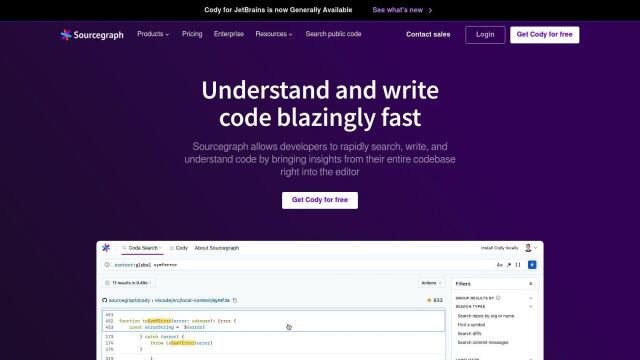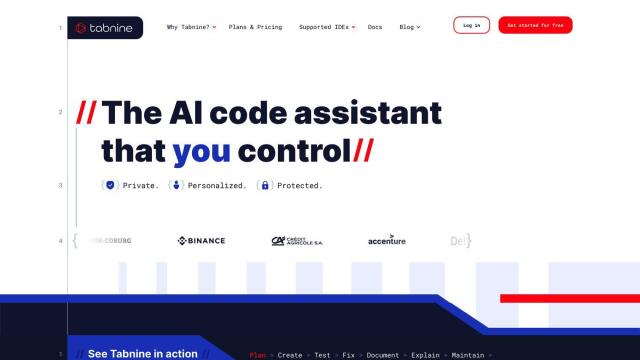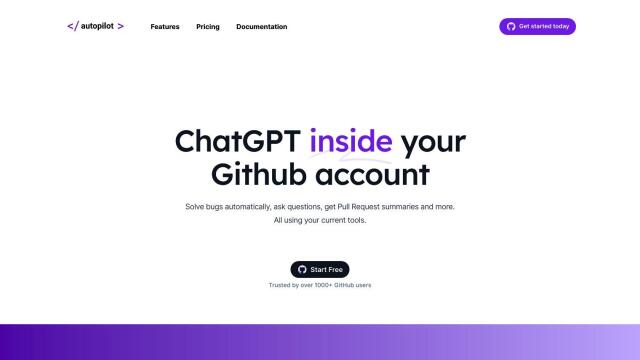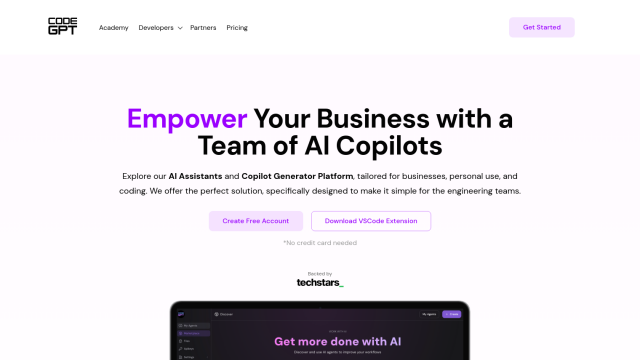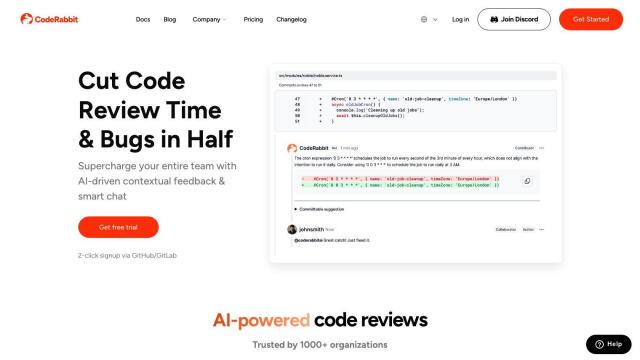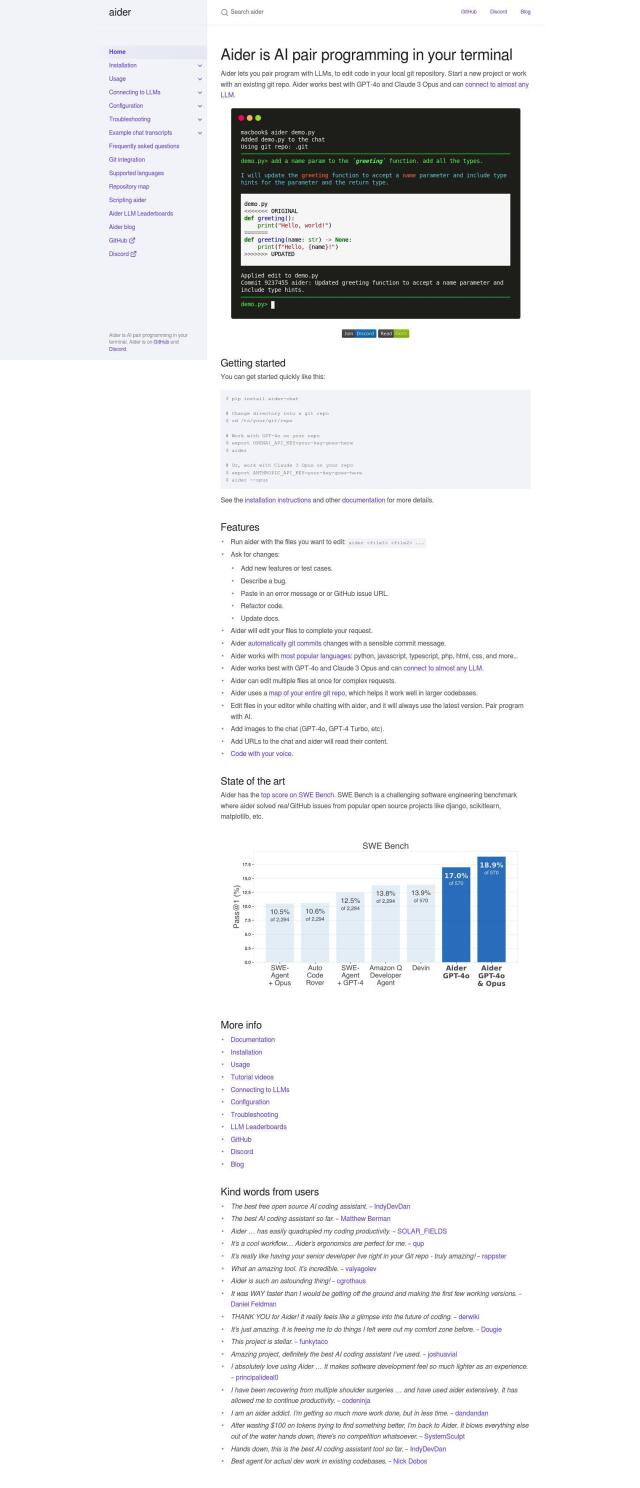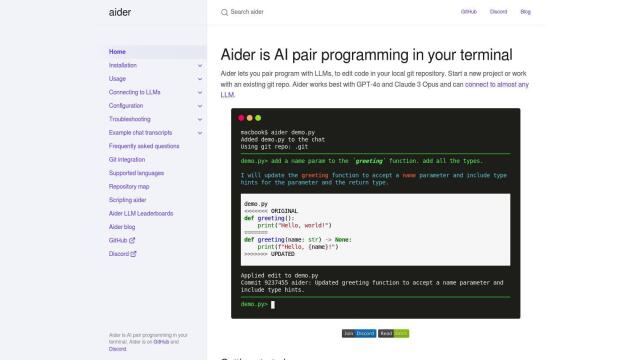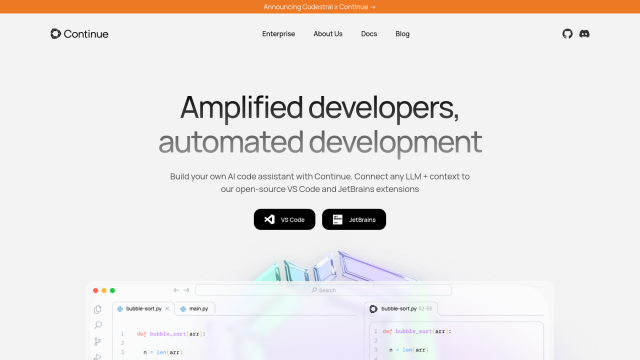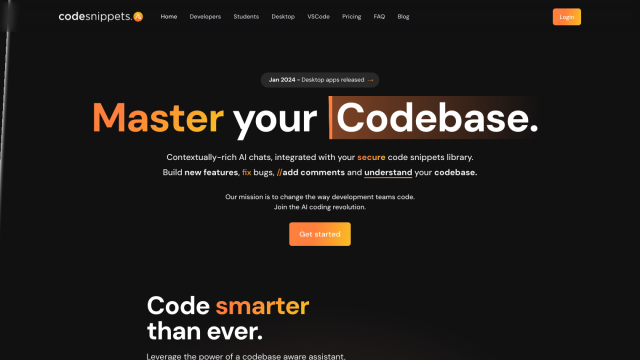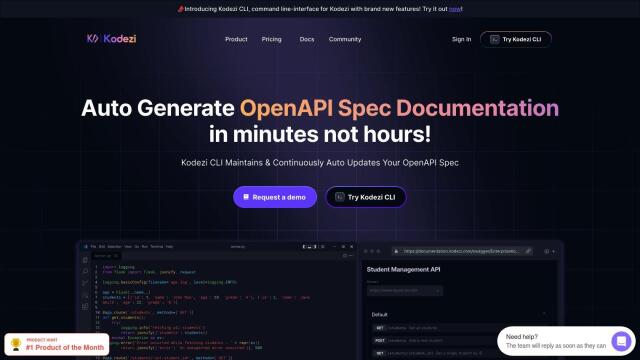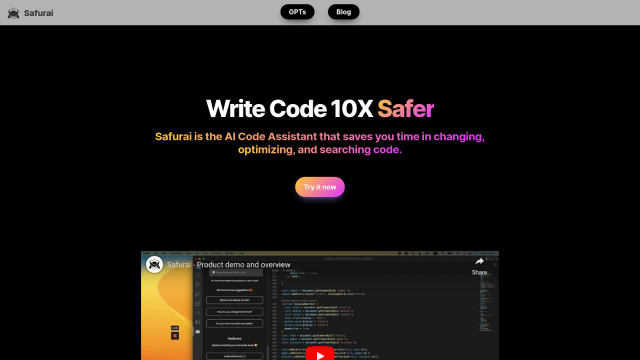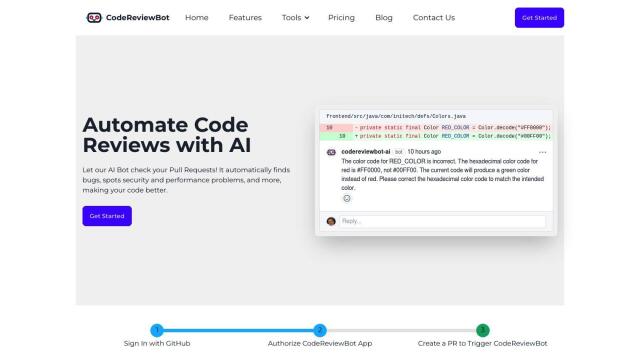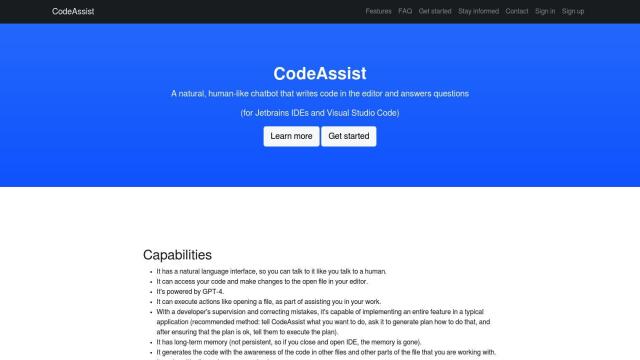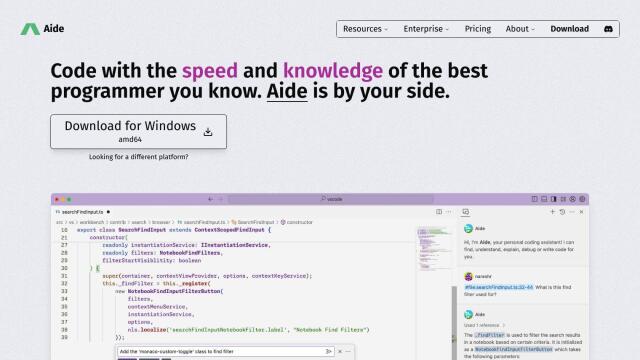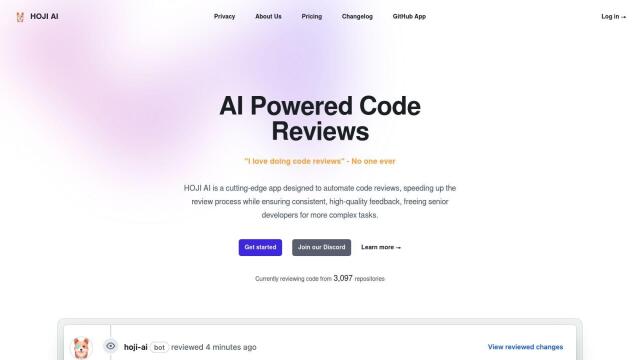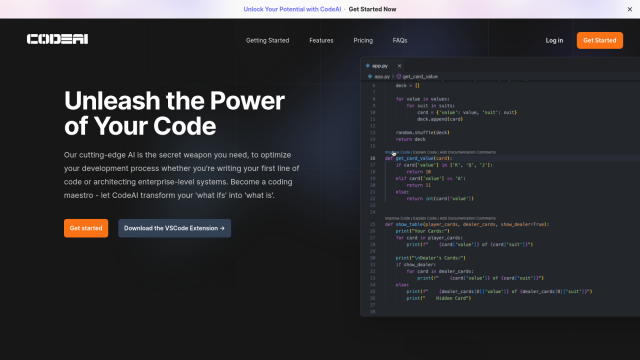Question: Is there a solution that uses graph neural networks and large language models to analyze code and provide context-specific explanations and fixes?

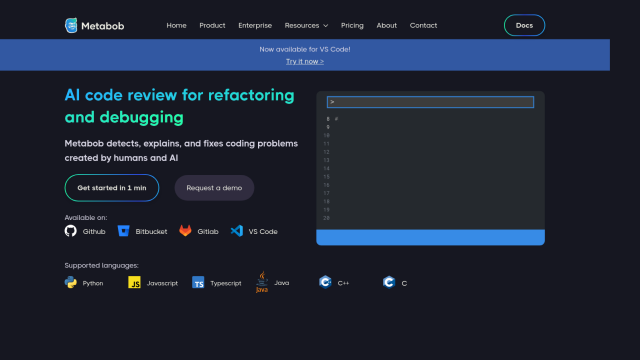
Metabob
If you want a tool that uses graph neural networks and large language models to analyze code and offer context-specific explanations and fixes, Metabob is a great option. It uses graph neural networks to spot problematic code and then pairs that with large language models for context-specific explanations and fixes. Metabob offers AI code review, software security scanning and debug refactor, among other features, so it's a good option for maintaining legacy code, analyzing new code and verifying AI-generated code.

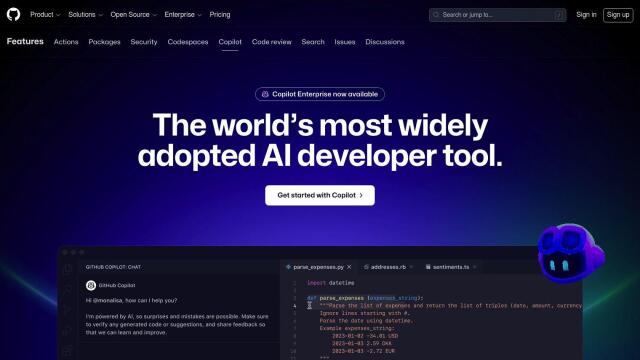
GitHub Copilot
Another top contender is GitHub Copilot. This AI-powered developer tool offers context-specific help in many parts of the development process. It can offer code completion, convert natural language prompts into code suggestions, and offer chat help to answer questions about codebases and explain code. GitHub Copilot works with a variety of tools and services, so it's easy to use on different machines and workflows, and it can help developers write better code and avoid security problems.

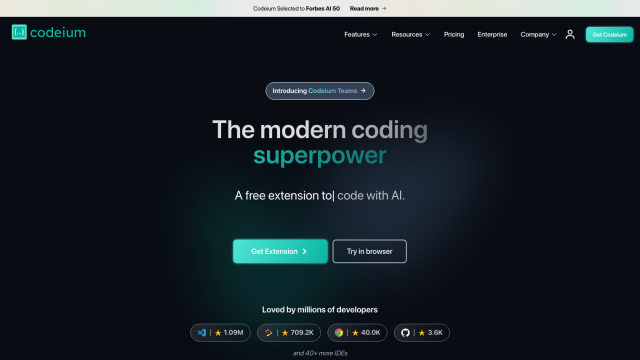
Codeium
Codeium is also a promising tool, supporting more than 70 programming languages and integrating with top IDEs. It offers advanced code completion, AI-powered search and an AI chat assistant that can write boilerplate code, refactor existing code, generate documentation and suggest bug fixes. Codeium is designed to increase productivity for individual developers and teams, with tiered pricing plans to accommodate different needs.
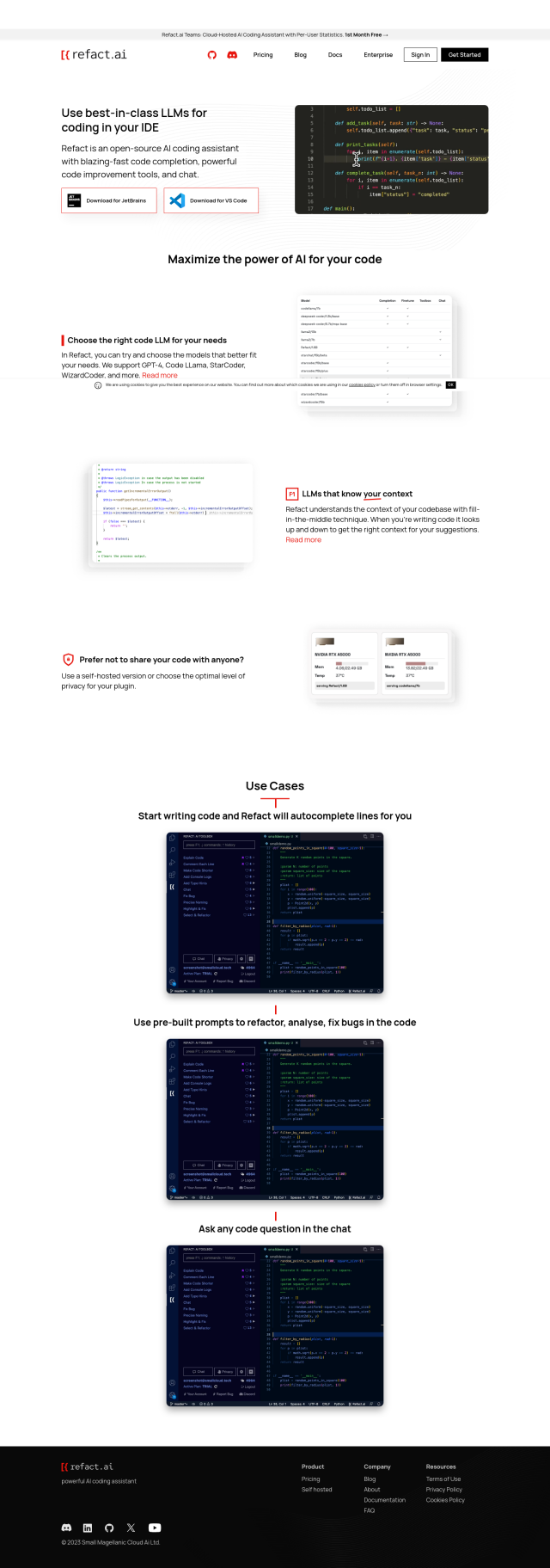
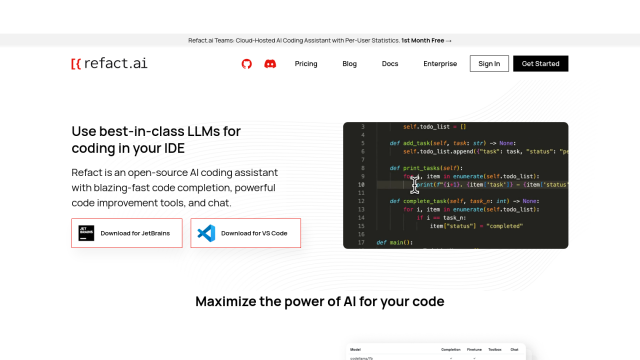
Refact
If you prefer an open-source option, Refact is a good option. It supports several Large Language Models, including GPT-4, and offers features like fast code completion, built-in chat for code questions and code improvement tools. Refact is designed with privacy in mind, with self-hosted options and customizable privacy settings, so it's a good option for developers who want fast coding help without sacrificing privacy.



